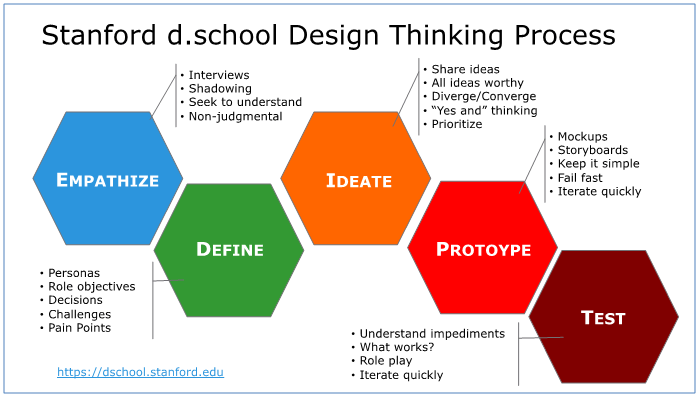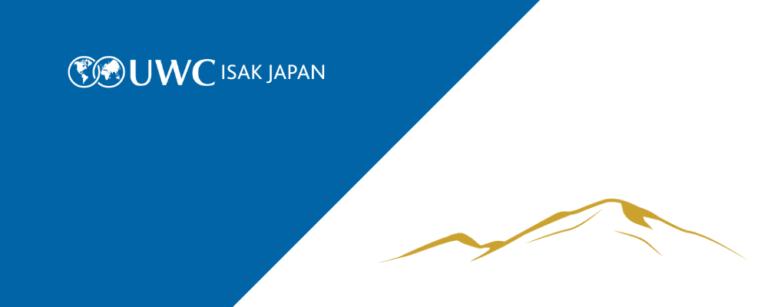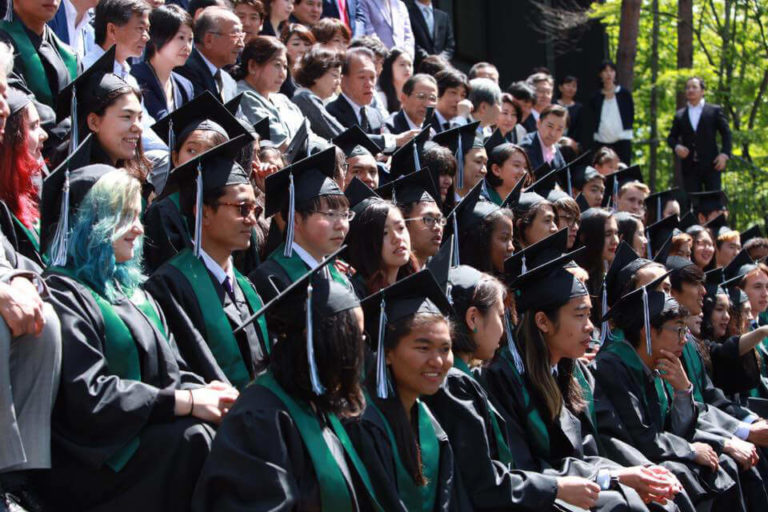Empowering South Sudan: Obede’s Journey to Promote Peace and Equality
In 2021, Obede (19′) returned to South Sudan, years after his family fled the war-torn country for Kenya. With a clear goal in mind, he sought to address gender-based violence and promote peace-building strategies among South Sudan’s youth through a series of workshops.
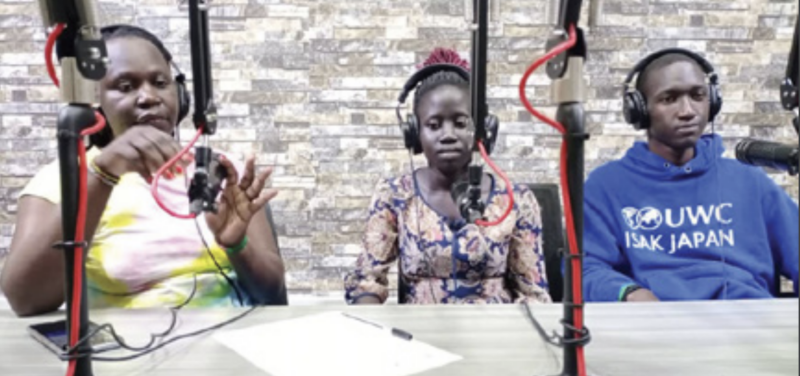
Winning the Nichols Humanitarian Fund Award and Tackling Post-War Challenges
Obede’s peace initiative for South Sudan won him the Nichols Humanitarian Fund award from Vanderbilt University, where he studies Computer Sciences. This award supports 38 outstanding students annually in pursuing humanitarian action. More information here.
Upon arriving in Juba, South Sudan, in July 2021, Obede began a two-week intensive workshop series through the KOGO Women Initiative for Children and Youth Empowerment (KWIFCE) at St Thomas Parish Munuki. The workshops, open to the entire community, focused on young people.
Addressing the Need for Counseling and Trauma Healing
During the first week, KWIFCE’s Executive Director conducted workshops on peace-building strategies tailored to the youth. Obede shared his surprise at the lack of counseling available to people, given the recentness of the war: “I was surprised by the lack of counseling offered to people, considering the war is still so fresh today.” The South Sudan Civil War, which lasted from 2013 to 2020, displaced over 4 million people and saw horrific events like the 2014 Bentiu massacre.
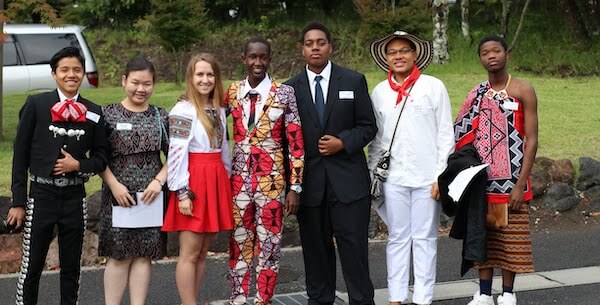
Educating Youth on Gender-Based Violence and Opportunities
The second week’s workshops addressed gender biases and presented opportunities for South Sudan’s youth. This program arose from Obede’s research on critical issues that prolonged conflicts, such as the lack of immediate job opportunities, a poor educational system, and limited access to education for girls. These workshops significantly raised awareness of violence, gender biases, and education in South Sudan, fulfilling Obede’s hopes and attracting key speakers to his project, including the Former Presidential Advisor in the Office of the President of South Sudan as the guest of honor.
Harnessing UWC ISAK’s Leadership Principles and Values
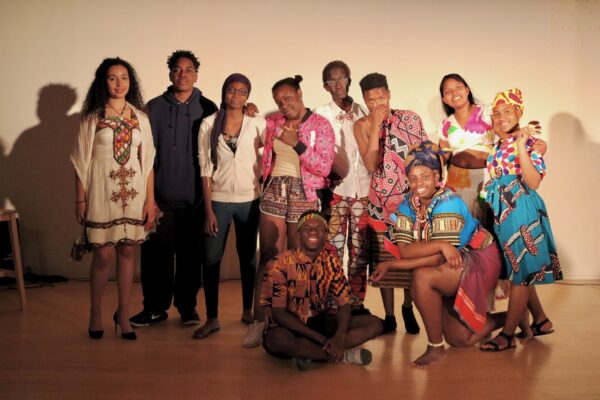
Obede’s proudest achievement from this experience is bringing together 75 diverse participants, far exceeding his initial goal of 30. In addition, the workshops were broadcasted nationally through the South Sudan Broadcasting Channel (SSBC) and radio stations like Youth FM, making it accessible to anyone with a TV or radio in the country. “To build lasting peace in South Sudan, we need to operate as a united entity and embrace our unique differences,” he explained. Obede’s efforts align with UWC’s mission to unite people, nations, and cultures for peace and a sustainable future.
Leadership Lessons and Paying It Forward
Obede credits UWC ISAK for fostering his leadership skills and confidence. “The school made it easy for us to take the initiative and gave us plenty of freedom to pursue our interests. In addition, the school prepares students for a leadership path, not just for university and career,” he recalled. He shares these learnings through his CAS Project Karuiku, which educated students about leadership in local schools in Japan and eventually in a refugee school in Malaysia.
Committed to giving back to South Sudan, Obede deeply engages with his National Committee (NC), which selects young South Sudanese to apply to UWCs. He mentors students, introduces them to educational and professional opportunities, and always prioritizes his time for NC work.
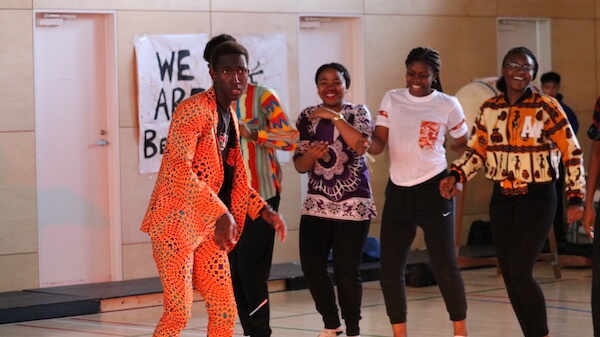
Celebrating Diversity and Building Connections at UWC ISAK
During his time at UWC ISAK, Obede organized the school’s first African Culture Day in 2018 with Bandile (Swaziland / 19′), Nabilla (Niger / 19′), Lee (South Africa / 21′), and others. “We made tea and food, took it to the office, danced… It was great. We didn’t know what to do as it was the first event of its kind at UWC ISAK. We just wanted to set the bar for the years to come and make it unique.” This event underscored the importance of celebrating diversity and the responsibility of students to showcase their cultures.
The Power of Friendship and Memories at UWC ISAK
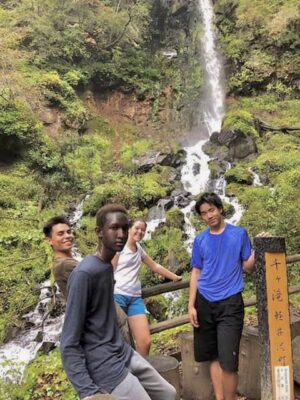 Obede formed lasting connections at UWC ISAK, including a close friendship with Ben from the US. Inspired by their conversations, Ben wrote his Extended Essay on Global Politics about South Sudan. They participated in the same CAS Project and even worked together on films for Ben’s Film Class. In 2022, they reunited for the first time since graduation when Obede visited Ben, who was studying at the University of Southern California (USC). Together, they attended a pre-screening event for the film ‘Drive My Car’ by Japanese Director Ryusuke Hamaguchi, reminding them of their time in Japan.
Obede formed lasting connections at UWC ISAK, including a close friendship with Ben from the US. Inspired by their conversations, Ben wrote his Extended Essay on Global Politics about South Sudan. They participated in the same CAS Project and even worked together on films for Ben’s Film Class. In 2022, they reunited for the first time since graduation when Obede visited Ben, who was studying at the University of Southern California (USC). Together, they attended a pre-screening event for the film ‘Drive My Car’ by Japanese Director Ryusuke Hamaguchi, reminding them of their time in Japan.
UWC ISAK’s dorm life nurtured many such relationships. Obede fondly remembers game nights and barbecue nights at his house, R2-12. “These are the nights I remember the most,” he reminisces. Obede also cherishes the memories of his History teacher, Ms. Hasham, who visited him in Nashville several times after graduation, and the Cross Country Club led by Mr. Lacoste, the Math Teacher and Deputy Head of Academics from 2016-2022. He hopes to revisit the beautiful waterfall in Karuizawa, where the club members used to run every Tuesday and Thursday morning.
Obede’s story exemplifies the impact of UWC ISAK’s values and leadership principles on students, empowering them to create positive change in the world. His journey showcases the importance of harnessing diversity as a strength, paying it forward, and fostering meaningful connections that last a lifetime.
Read more UWC ISAK Japan alumni stories on our Leaders Beacon Blog.
